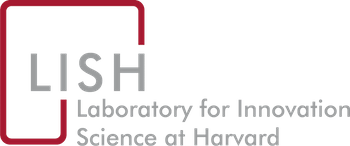Karim R. Lakhani, Wesley M. Cohen, Kynon Ingram, Tushar Kothalkar, Maxim Kuzemchenko, Santosh Malik, Cynthia Meyn, Greta Friar, and Stephanie Healy Pokrywa. 2014. Netflix: Designing the Netflix Prize (A). Harvard Business School Case. Harvard Business School. Publisher's VersionAbstract
In 2006, Reed Hastings, CEO of Netflix, was looking for a way to solve Netflix's customer churn problem. Netflix used Cinematch, its proprietary movie recommendation software, to promote individually determined best-fit movies to customers. Hastings determined that a 10% improvement to the Cinematch algorithm would decrease customer churn and increase annual revenue by up to $89 million. However, traditional options for improving the algorithm, such as hiring and training new employees, were time intensive and costly. Hastings decided to improve Netflix's software by crowdsourcing, and began planning the Netflix Prize, an open contest searching for a 10% improvement on Cinematch. The case examines the dilemmas Hastings faced as he planned the contest, such as whether to use an existing crowdsourcing platform or create his own, what company information to expose, how to protect customer privacy while making internal datasets public, how to allocate IP, and how to manage the crowd.
